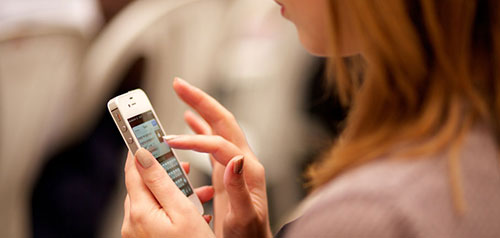National Volunteers‘ Week may have passed but that doesn’t mean Britain’s selfless spirit has gone with it. As many as 10 million adults volunteered during lockdown, according to research by the Centre for Economics and Business Research – that’s one in five over-18s, and the economic equivalent of £350m a week. And nearly 80 per cent said they’ll keep doing their bit with lockdown measures eased. Brits have been digging into their pockets for the common good, too, with more than £1bn spent paying for products and services the buyers knew they wouldn’t be able to use like cleaners and gardeners.
But volunteering might not seem like such a straightforward concept at a time when the nation is following social distancing measures to get the spread of Covid-19 down. That doesn’t mean you shouldn’t. Here are some tips to get you going if you’re keen to invest some of your time into helping people less fortunate.
Log on from home
Virtual volunteering is the perfect way to keep yourself and others safe while contributing some of your time – particularly if you end up self-isolating. If you’re fluent in more than one language, you might decide to get involved with Translators Without Borders to help non-profit organisations make vital information as accessible for as many people as possible.
Alternatively, you can get involved with The Mix, an online support service for under-25s that might have nowhere else to turn. Whether you have a particular skill or expertise that makes you a great source of information for young people, you already have counselling training, or you have time to volunteer as a chat moderator, you could help youngsters navigate everything from taking care of their mental health to finding secure housing.
Who ever said you can’t make real humanitarian change from the couch? Through Amnesty International’s Decoders initiative, volunteers spend just a few minutes on their phones or computers helping flag human rights violations. Sifting through large databanks of social media messages, images, documents and satellite data, those already involved have helped identify remote villages in Sudan at risk of attacks, digitised information from oil spill investigation reports in Nigeria, and tracked the misogyny faced by women on Twitter in the UK and US.
All you need to get involved is an internet connection and a curious mind, and you can volunteer as much or as little time as you like.









